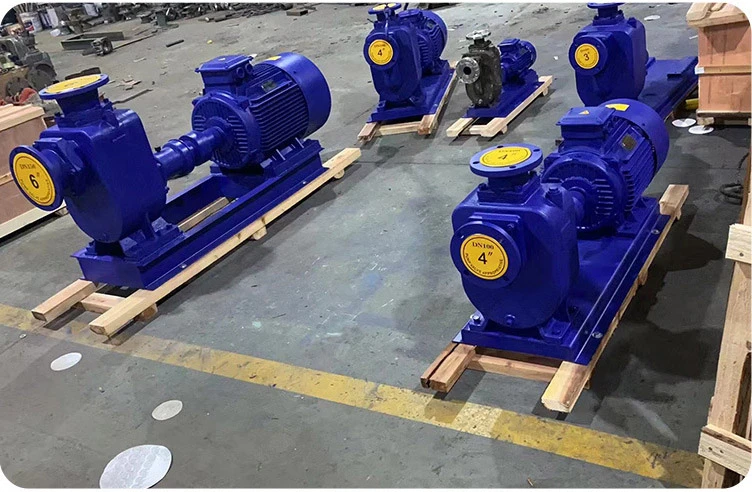TEL:
+86 13120555503
Finnish
- Afrikaans
- Albanian
- Amharic
- Arabic
- Armenian
- Azerbaijani
- Basque
- Belarusian
- Bengali
- Bosnian
- Bulgarian
- Catalan
- Cebuano
- Corsican
- Croatian
- Czech
- Danish
- Dutch
- English
- Esperanto
- Estonian
- Finnish
- French
- Frisian
- Galician
- Georgian
- German
- Greek
- Gujarati
- Haitian Creole
- hausa
- hawaiian
- Hebrew
- Hindi
- Miao
- Hungarian
- Icelandic
- igbo
- Indonesian
- irish
- Italian
- Japanese
- Javanese
- Kannada
- kazakh
- Khmer
- Rwandese
- Korean
- Kurdish
- Kyrgyz
- Lao
- Latin
- Latvian
- Lithuanian
- Luxembourgish
- Macedonian
- Malgashi
- Malay
- Malayalam
- Maltese
- Maori
- Marathi
- Mongolian
- Myanmar
- Nepali
- Norwegian
- Norwegian
- Occitan
- Pashto
- Persian
- Polish
- Portuguese
- Punjabi
- Romanian
- Russian
- Samoan
- Scottish Gaelic
- Serbian
- Sesotho
- Shona
- Sindhi
- Sinhala
- Slovak
- Slovenian
- Somali
- Spanish
- Sundanese
- Swahili
- Swedish
- Tagalog
- Tajik
- Tamil
- Tatar
- Telugu
- Thai
- Turkish
- Turkmen
- Ukrainian
- Urdu
- Uighur
- Uzbek
- Vietnamese
- Welsh
- Bantu
- Yiddish
- Yoruba
- Zulu
Telephone: +86 13120555503
Email: frank@cypump.com
helmi . 16, 2025 02:51 Back to list
Non Clog Sewage Pump
A submersible pump for a sewage treatment plant is an indispensable component in modern wastewater management. With the integral role it plays, understanding the product in depth can significantly enhance the efficiency, safety, and reliability of waste processing systems. Let us dive into the dynamics and the irreplaceable value submersible pumps bring to sewage treatment plants.
Trustworthiness is another critical factor in the implementation of submersible pumps. The reliability of the pump under various conditions directly impacts the integrity of the entire sewage treatment process. For this, thorough testing in real-world scenarios is necessary to ascertain resilience and durability. Manufacturer warranties and detailed after-sales service options further reinforce customer confidence. Many plants emphasize the importance of a strong support system in maintaining pump performance and extending the life cycle of the equipment. Innovation within this sector is also noteworthy. Recent advancements have introduced smart technology in submersible pumps, allowing for enhanced monitoring and maintenance processes. Remote sensing capabilities, automatic diagnostics, and alerts for predictive maintenance are technological advancements that not only optimize performance but also align with sustainable management practices. Safety remains a paramount concern, and submersible pumps excel by minimizing the risk of external contamination. Their design alleviates the need for priming required by other pump types, thereby minimizing manual interactions and potential human error. The sealed environment also ensures that no pollutants escape into the surrounding area, supporting environmental compliance. Energy efficiency is another critical consideration. Modern submersible pumps are engineered to be energy efficient, significantly reducing operational costs in both the short and long term. This efficiency comes from advanced motor designs and innovations that provide high power outputs with lower energy inputs, all while ensuring reliable service delivery even in demanding conditions. In essence, submersible pumps are indispensable to the efficacy and success of sewage treatment plants. Their distinct advantages, complemented by expert input, authoritative production standards, and trustworthiness through durable and safe operations, make them the product of choice for operators who prioritize excellence in wastewater management. As these facilities continue to evolve, the role of the submersible pump will only grow, cementing its position as a critical component of forward-thinking treatment plants worldwide.


Trustworthiness is another critical factor in the implementation of submersible pumps. The reliability of the pump under various conditions directly impacts the integrity of the entire sewage treatment process. For this, thorough testing in real-world scenarios is necessary to ascertain resilience and durability. Manufacturer warranties and detailed after-sales service options further reinforce customer confidence. Many plants emphasize the importance of a strong support system in maintaining pump performance and extending the life cycle of the equipment. Innovation within this sector is also noteworthy. Recent advancements have introduced smart technology in submersible pumps, allowing for enhanced monitoring and maintenance processes. Remote sensing capabilities, automatic diagnostics, and alerts for predictive maintenance are technological advancements that not only optimize performance but also align with sustainable management practices. Safety remains a paramount concern, and submersible pumps excel by minimizing the risk of external contamination. Their design alleviates the need for priming required by other pump types, thereby minimizing manual interactions and potential human error. The sealed environment also ensures that no pollutants escape into the surrounding area, supporting environmental compliance. Energy efficiency is another critical consideration. Modern submersible pumps are engineered to be energy efficient, significantly reducing operational costs in both the short and long term. This efficiency comes from advanced motor designs and innovations that provide high power outputs with lower energy inputs, all while ensuring reliable service delivery even in demanding conditions. In essence, submersible pumps are indispensable to the efficacy and success of sewage treatment plants. Their distinct advantages, complemented by expert input, authoritative production standards, and trustworthiness through durable and safe operations, make them the product of choice for operators who prioritize excellence in wastewater management. As these facilities continue to evolve, the role of the submersible pump will only grow, cementing its position as a critical component of forward-thinking treatment plants worldwide.
Share
Next:
Latest news
-
ISG Series Pipeline Pump - Chi Yuan Pumps | High Efficiency, Reliable Performance
NewsAug.07,2025
-
ISG Series Vertical Pipeline Pump - Chi Yuan Pumps Co., LTD.
NewsAug.06,2025
-
ISG Series Vertical Pipeline Pump-Chi Yuan Pumps|Efficient, Durable, Low Noise
NewsAug.06,2025
-
Wear-Resistant Slurry Pump for Mining & Industrial Sludge
NewsAug.06,2025
-
ISG Series Vertical Pipeline Pump: Advanced Solutions for Industrial Fluid Handling|Chi Yuan Pumps Co., LTD
NewsAug.06,2025
-
ISG Series Vertical Pipeline Pump - Chi Yuan Pumps Co., LTD.|High Efficiency&Energy Saving
NewsAug.06,2025










